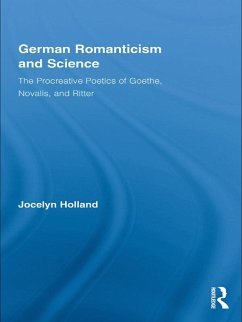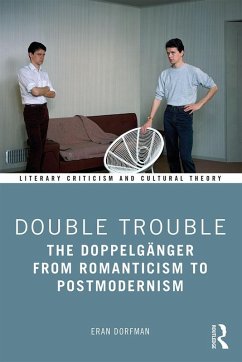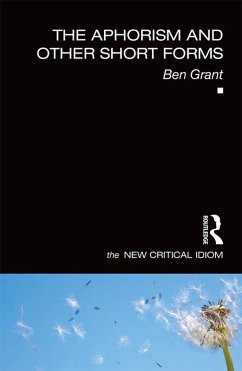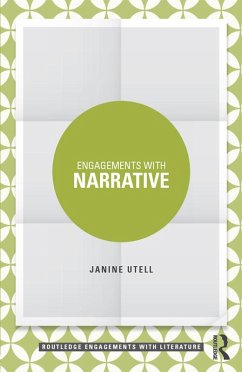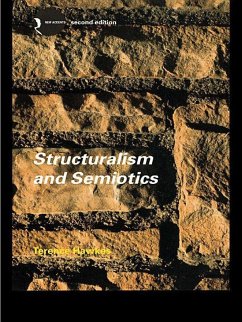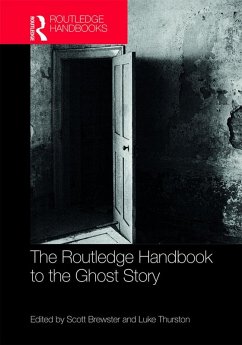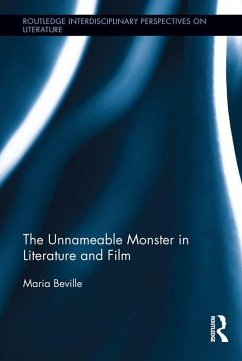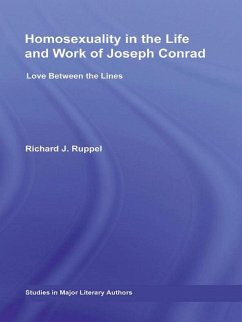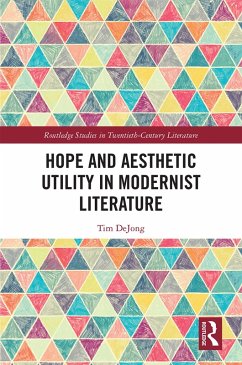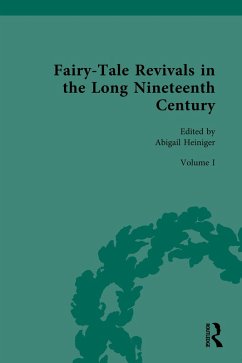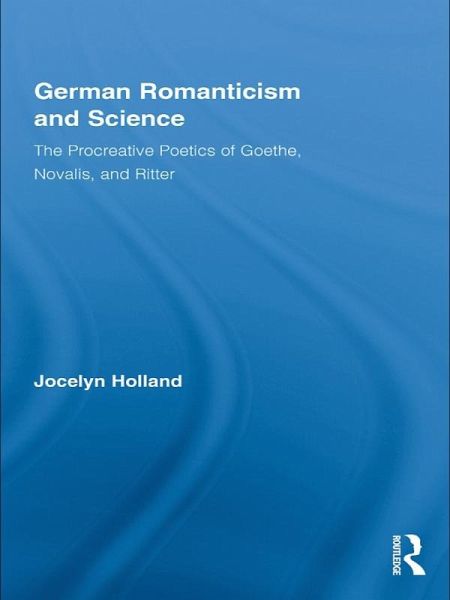
German Romanticism and Science (eBook, ePUB)
The Procreative Poetics of Goethe, Novalis, and Ritter
Versandkostenfrei!
Sofort per Download lieferbar
51,95 €
inkl. MwSt.
Weitere Ausgaben:

PAYBACK Punkte
26 °P sammeln!
Situated at the intersection of literature and science, Holland's study draws upon a diverse corpus of literary and scientific texts which testify to a cultural fascination with procreation around 1800. Through readings which range from Goethe's writing on metamorphosis to Novalis's aphorisms and novels and Ritter's Fragments from the Estate of a Young Physicist, Holland proposes that each author contributes to a scientifically-informed poetics of procreation. Rather than subscribing to a single biological theory (such as epigenesis or preformation), these authors take their inspiration from a...
Situated at the intersection of literature and science, Holland's study draws upon a diverse corpus of literary and scientific texts which testify to a cultural fascination with procreation around 1800. Through readings which range from Goethe's writing on metamorphosis to Novalis's aphorisms and novels and Ritter's Fragments from the Estate of a Young Physicist, Holland proposes that each author contributes to a scientifically-informed poetics of procreation. Rather than subscribing to a single biological theory (such as epigenesis or preformation), these authors take their inspiration from a wide inventory of procreative motifs and imagery.
Dieser Download kann aus rechtlichen Gründen nur mit Rechnungsadresse in A, B, BG, CY, CZ, D, DK, EW, E, FIN, F, GR, HR, H, IRL, I, LT, L, LR, M, NL, PL, P, R, S, SLO, SK ausgeliefert werden.




